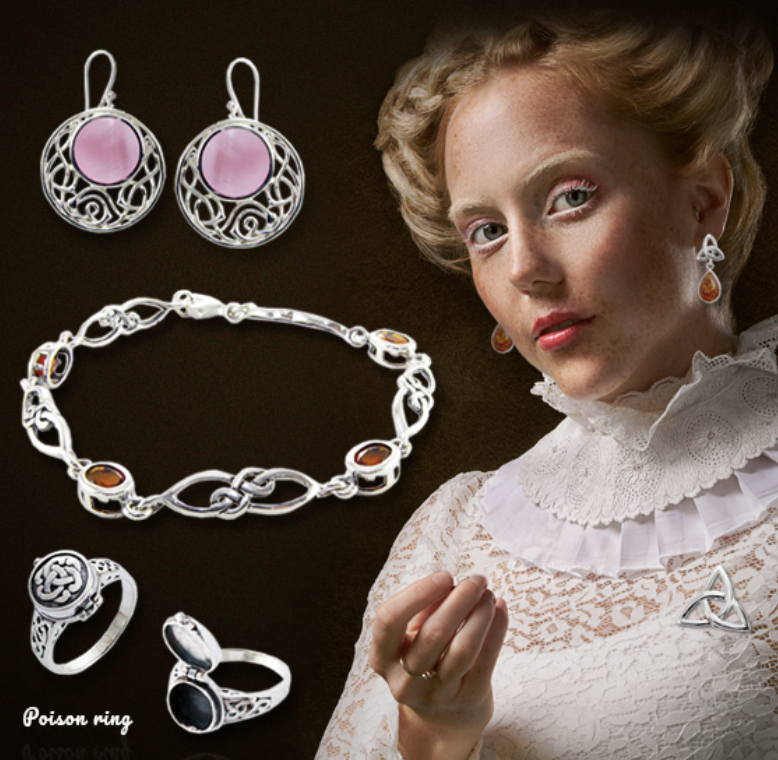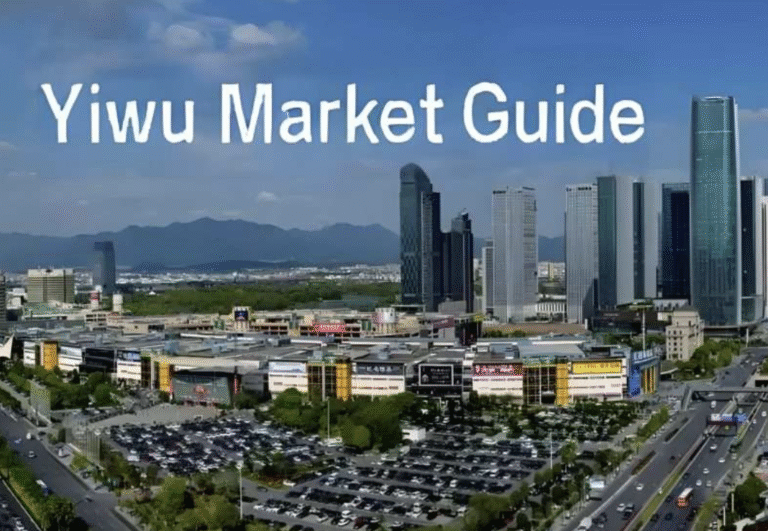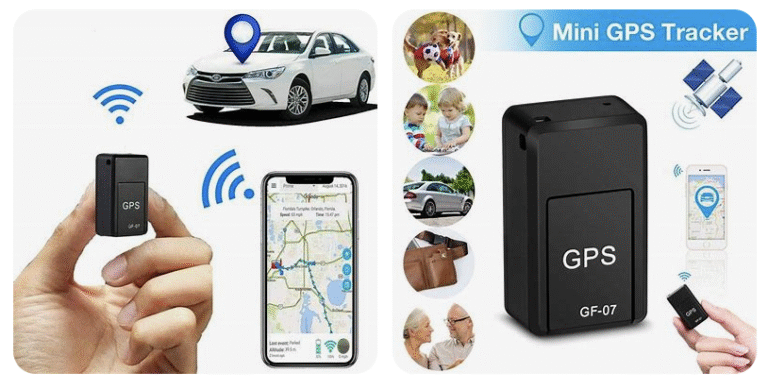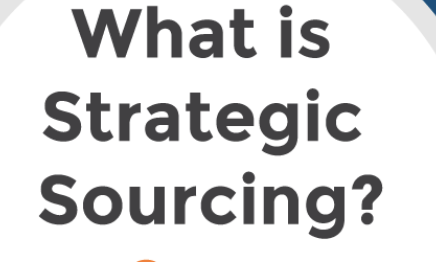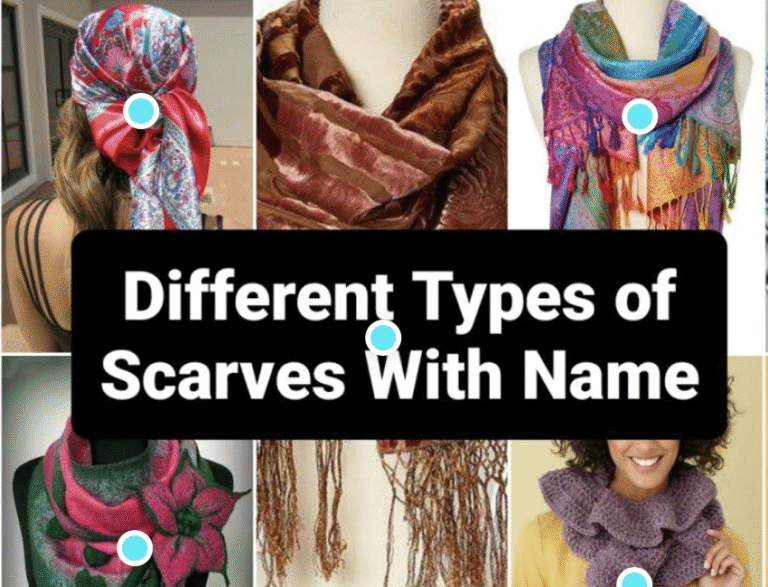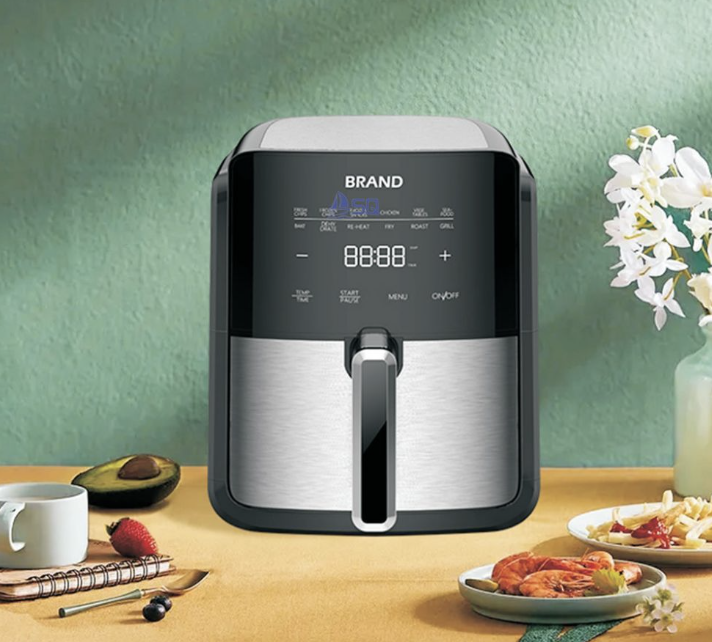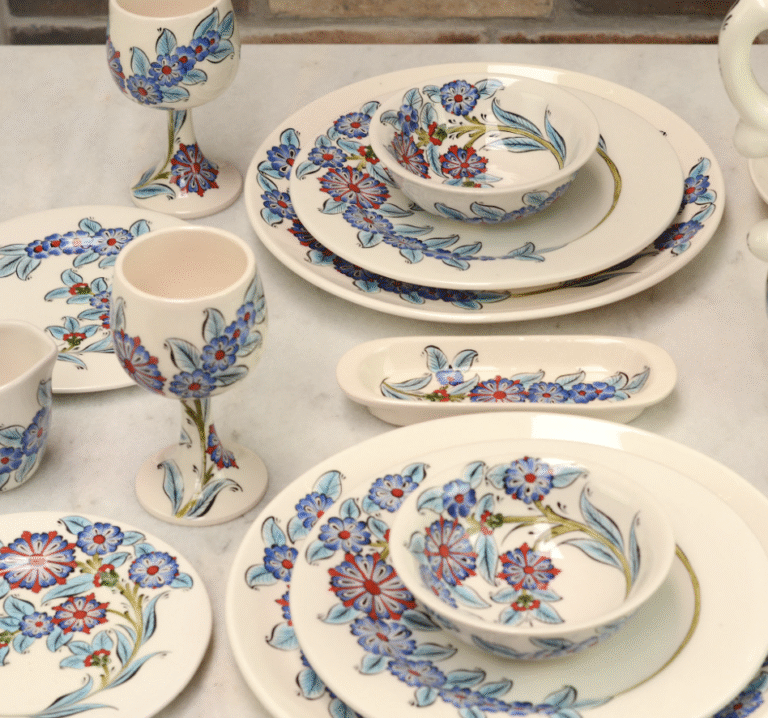Top China Wholesale Jewelry & Accessories Manufacturers
The global jewelry and accessories market is booming—and guess where most of those sparkly goods come from? That’s right: China.
From budget-friendly costume jewelry to customized branded accessories, China has become the undisputed powerhouse for sourcing wholesale jewelry for global buyers.
Whether you’re an Amazon seller, Shopify store owner, boutique retailer, or dropshipper, sourcing jewelry from China gives you access to high margins, fast production, and endless style options.
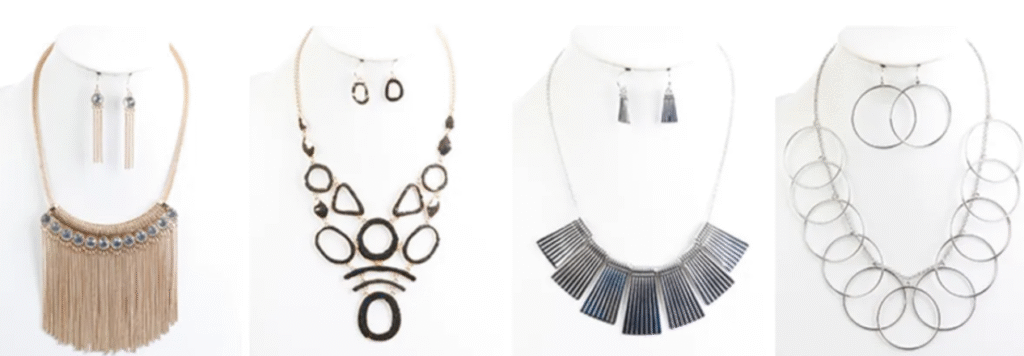
But before you jump onto Alibaba and start placing bulk orders, Read This Review Before You Buy. Jewelry sourcing isn’t just about finding a pretty product—it’s about understanding materials, finishes, manufacturing capabilities, and supplier trustworthiness.
This guide breaks it all down for you. You’ll learn where China’s best jewelry manufacturers are based, how to avoid the common pitfalls, what kind of accessories you can source, and why working with a sourcing agent like Simoosourcing could be the smartest move for your business.
By the end, you’ll know exactly how to navigate China’s massive jewelry and accessories industry—like a pro.
Table of Contents
Overview of China’s Jewelry & Accessories Manufacturing Industry

China has been the global hub for jewelry manufacturing for decades—and it’s not slowing down anytime soon. As of 2024, China holds over 30% of the global jewelry production market, producing everything from luxury gold and silver to mass-market fashion pieces.
The jewelry industry in China is extremely diverse. It supports both high-volume, low-cost operations (like costume jewelry for retail chains) and high-end, low-volume production for fine jewelry brands. This dual focus makes China attractive for businesses of all sizes.
Market Trends and Shifts
- Fast Fashion Accessories: Inspired by brands like Zara and Shein, Chinese factories now replicate trending designs at lightning speed, often within weeks of a trend surfacing.
- Eco-Friendly Jewelry: There’s rising demand for materials like bamboo, stainless steel, recycled metals, and vegan leather in accessories.
- Private Label Growth: More global brands are choosing to OEM (Original Equipment Manufacture) their jewelry lines in China for branding control and better margins.
Key Export Destinations
China exports jewelry primarily to:
- The United States
- Europe (Germany, France, UK)
- Middle East (UAE, Saudi Arabia)
- Africa and Latin America
With massive infrastructure, skilled labor, and a sophisticated supply chain, China continues to dominate the global jewelry trade.
Where Are the Major Jewelry Manufacturing Hubs in China?
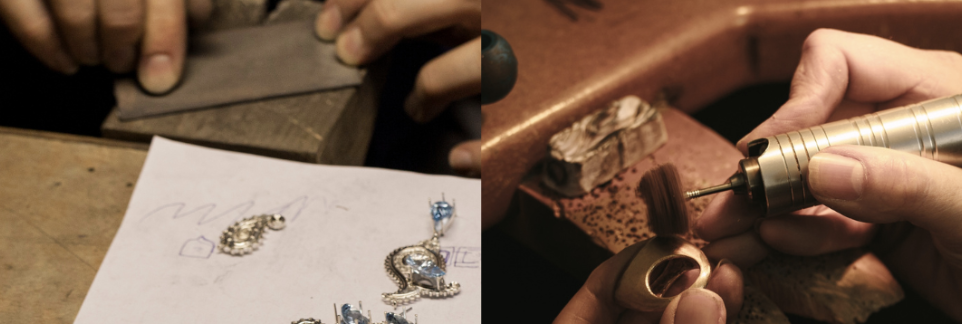
Understanding where to source is just as important as what you’re sourcing. Different regions in China specialize in specific types of jewelry and accessories. Here’s where to look:
1. Yiwu – The King of Fashion Jewelry
Yiwu is a wholesale paradise known for low-cost, high-variety fashion jewelry. Located in Zhejiang Province, it hosts the Yiwu International Trade Market, home to thousands of booths selling earrings, bracelets, necklaces, rings, and accessories for men, women, and kids.
- Ideal for: Trendy fashion jewelry, small MOQs, and seasonal products
- Strengths: Cheap pricing, fast turnover, huge variety
- Weaknesses: Quality can vary—always request samples
2. Guangzhou – Home of Premium Craftsmanship
Guangzhou, located in southern China, is famous for gold-plated jewelry, stainless steel designs, and fine jewelry. If you want higher-end pieces, Guangzhou offers access to skilled craftsmen and larger manufacturers.
- Ideal for: High-end fashion jewelry, cubic zirconia, gold plating
- Strengths: Better finish, mid-to-high quality
- Weaknesses: Higher MOQs and slightly higher prices
3. Qingdao – Niche Hair Accessories & Metal Jewelry
Located in Shandong Province, Qingdao is a niche hub that focuses on hair clips, barrettes, and custom metal fashion jewelry. If your business targets school accessories, hair salons, or TikTok-inspired hair trends—this is your spot.
- Ideal for: Hairpins, scrunchies, metal charms, pet accessories
- Strengths: Custom molds, factory-direct options
- Weaknesses: Smaller volume of vendors
4. Shenzhen – The Fine Jewelry OEM Capital
If you’re looking for silver, gold, or gemstone jewelry, Shenzhen is where luxury meets mass production. It’s the go-to location for OEM fine jewelry manufacturing and is home to some of China’s most advanced factories.
- Ideal for: Sterling silver, gold, diamonds, semi-precious stones
- Strengths: High-end production, certifications, advanced design
- Weaknesses: Very high MOQs, not ideal for beginners
Each city offers a different advantage. The best choice for you depends on your product, target customer, and budget.
Types of Jewelry & Accessories You Can Source
One of China’s biggest strengths in this industry is diversity. Whether you want something simple like hoop earrings or fully customized luxury rings, you’ll find a factory that can make it.
Jewelry Categories
- Fashion Jewelry: Made of zinc alloy, brass, resin, acrylic, etc.
- Costume Jewelry: Trend-driven, includes cheap rings, chokers, and layered necklaces
- Fine Jewelry: Sterling silver (925), 14K/18K gold, gemstones, cubic zirconia
- Men’s Jewelry: Chains, bracelets, rings, watches
- Religious Jewelry: Crosses, pendants, prayer beads
Accessories Categories
- Hair Accessories: Scrunchies, barrettes, headbands, hair ties
- Bags & Wallets: Faux leather purses, coin pouches, makeup bags
- Scarves & Hats: Silk scarves, beanies, caps
- Sunglasses: Fashion and UV400 certified options
- Belts & Buckles: PU leather, woven, elastic styles
China’s suppliers can cater to every style—boho, minimal, edgy, retro, glam, eco-conscious—you name it. You can also opt for custom packaging, logo stamping, and influencer-style kits.
New Trends Emerging in 2024
- Gender-neutral and unisex designs
- Charm layering kits
- Sustainable materials (bamboo, eco-metals)
- TikTok/Instagram viral designs
- Minimalist stacking rings and bar necklaces
If you know your niche, you can create a line that not only looks good—but also sells fast.
How to Find Reliable Jewelry Manufacturers in China

Finding the perfect product is only half the battle—the real challenge is finding a trustworthy manufacturer who delivers on time, meets quality expectations, and communicates clearly. The jewelry industry in China is huge, but not every supplier is worth your time. Here’s how to do it right.
1. Use Online Marketplaces Strategically
Start by exploring these platforms:
- Alibaba.com – Ideal for global B2B sourcing. Look for:
- Verified suppliers
- Trade Assurance protection
- Gold Supplier status
- Global Sources – Great for finding mid- to high-quality fashion and fine jewelry suppliers.
- Made-in-China.com – Offers detailed product catalogs and factory credentials, often with better pricing than Alibaba.
While these platforms are useful, don’t rely solely on product photos or chat responses. Always go the extra mile to validate the factory.
2. Attend Trade Fairs
If you’re serious about jewelry importing, attend Chinese trade fairs like:
- Canton Fair (Guangzhou): One of the largest trade shows, often includes accessories and jewelry booths.
- Hong Kong Jewellery & Gem Fair: Ideal for high-end and precious metal jewelry.
- Yiwu Fair: Focused on fashion jewelry and seasonal accessories.
Meeting suppliers face-to-face builds trust, speeds up negotiation, and helps you assess quality instantly.
3. Hire a Sourcing Agent Like Simoosourcing
If you don’t speak Chinese, can’t travel, or just want someone to manage the messy parts of sourcing, a professional sourcing agent is a lifesaver. Agents like Simoosourcing can:
- Identify and verify legitimate manufacturers
- Negotiate pricing and MOQs on your behalf
- Handle sample orders and quality control
- Organize freight forwarding and shipping
Working with an agent takes the stress out of dealing with suppliers and ensures your jewelry arrives exactly as expected.
Pro Tip: Don’t rush the process. Take time to review catalogs, request samples, and build rapport. The right supplier is the foundation of a successful jewelry business.
Read This Review Before You Buy: Common Pitfalls in Jewelry Sourcing

Buying wholesale jewelry from China sounds easy—until you open a box full of discolored, mis-sized, or allergy-triggering items. Let’s talk about the most common sourcing mistakes and how to avoid them.
1. Poor Plating Quality
Many fashion jewelry items are gold or silver plated—but if the plating is too thin, it fades or tarnishes within weeks. Always ask for:
- Plating thickness (microns)
- Salt spray test results
- Photos of long-term use
Cheap plating can turn a beautiful product into a refund disaster.
2. Nickel & Allergy Concerns
Nickel is a common allergen, and some Chinese factories still use it in low-end jewelry. If your audience includes sensitive skin customers, specify “nickel-free” or “hypoallergenic” in your order.
Request certifications like:
- RoHS
- CE marking
- SGS material reports
3. Misleading Product Images
Don’t trust photos alone. Chinese suppliers often use enhanced images or stock pictures, which may not represent the actual product.
Solution? Always:
- Order samples
- Request real, unedited photos
- Use third-party inspection services
4. Inconsistent Sizing and Materials
Jewelry items may vary in size, finish, or material—even within the same batch. Clarify:
- Size charts in mm or inches
- Material specs (zinc alloy, brass, stainless steel, silver)
- Finish type (matte, polished, brushed)
5. Overpromising on Custom Orders
Some suppliers say “yes” to every request—even if they can’t deliver. Vet their customization capabilities and ask to see similar past projects before placing a big order.
In short, Read This Review Before You Buy from any unknown supplier. Being cautious now will save you thousands later.
How to Evaluate Jewelry Suppliers
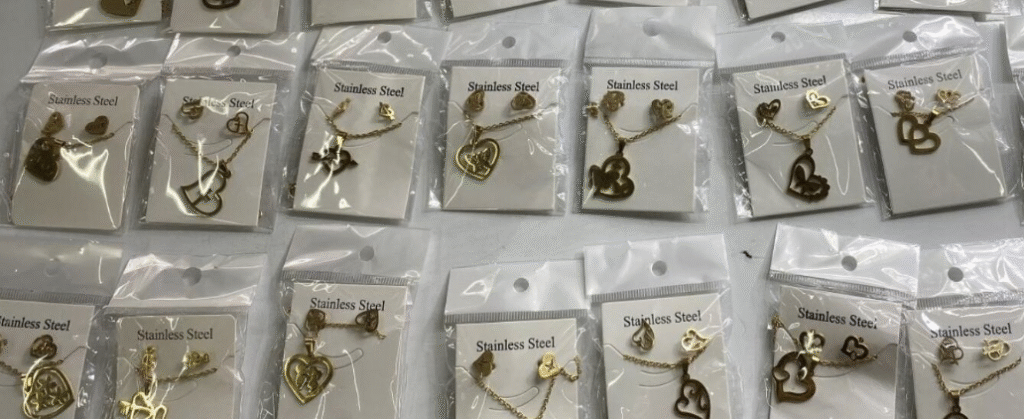
Before you commit to a big purchase, you need to properly vet your supplier. Here’s a detailed checklist to help you separate the pros from the amateurs.
1. Start with a Sample Order
Never skip this step. Requesting samples allows you to evaluate:
- Quality of plating and stones
- Consistency across pieces
- Packaging style
- Communication responsiveness
Compare samples from 2–3 suppliers to see who offers the best value.
2. Check Certifications
Reliable suppliers will have one or more of the following:
- ISO 9001 – Quality management system
- SGS or BV audit reports
- RoHS or CE – Especially for European markets
These prove the factory meets safety, legal, and production standards.
3. Quality Control Practices
Ask the supplier about their quality control process:
- Do they inspect each piece or batch?
- Do they test for tarnishing, allergic reactions, or durability?
- Can they show you a QC checklist?
Better yet—have your sourcing agent like Simoosourcing conduct random inspections at the factory.
4. Communication & Responsiveness
You want a supplier who replies quickly, understands your requirements, and communicates clearly. Test this by asking:
- How soon can you get a sample?
- How will changes be handled after production starts?
- What’s the policy for returns or defects?
A good supplier builds trust. A bad one costs you time, money, and reputation.
The Role of Sourcing Agents in Jewelry Business
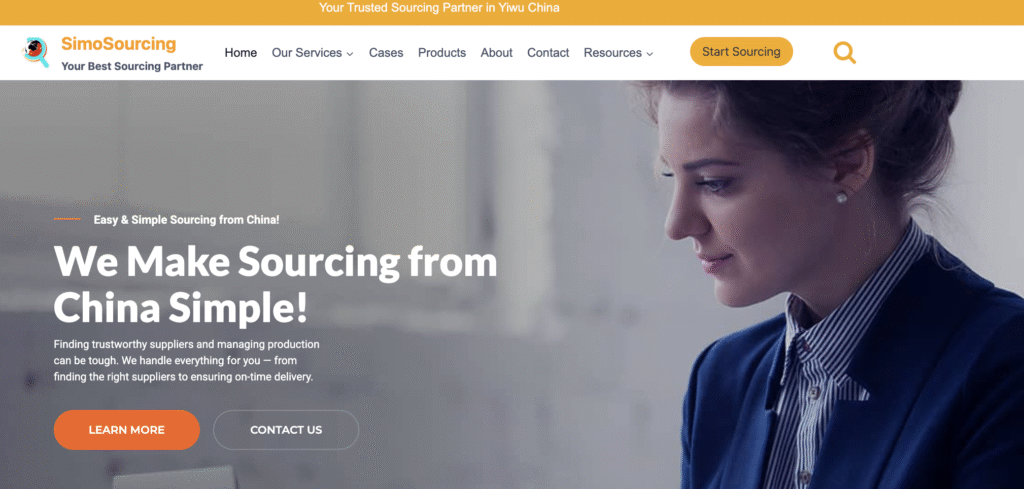
Navigating China’s jewelry industry alone is possible—but sourcing agents make it 10x easier, faster, and safer. Here’s why smart importers work with pros like Simoosourcing.
What Sourcing Agents Actually Do
- Find factories based on your specs, MOQ, and pricing goals
- Negotiate prices in Mandarin to avoid overpaying
- Handle sample orders, returns, and revisions
- Inspect products for quality, size, and color accuracy
- Consolidate shipments from multiple suppliers
- Assist with shipping, customs, and logistics
Essentially, they become your on-the-ground team—especially helpful if you can’t fly to China.
Why Choose Simoosourcing
Unlike random agents found on Alibaba or WeChat, Simoosourcing is a verified, transparent, and experienced sourcing partner. They’ve worked with hundreds of jewelry startups and brands across the U.S., Europe, and the Middle East.
Their services include:
- Factory audits and documentation
- OEM/ODM support for custom jewelry
- Packaging and brand development
- Order tracking and communication
They take care of the heavy lifting so you can focus on selling, marketing, and scaling your jewelry business.
Custom Jewelry Manufacturing in China
Want to stand out in a crowded jewelry market? Then custom manufacturing is your best strategy. Whether you’re launching a new jewelry brand or creating signature pieces, China offers affordable and high-quality OEM/ODM services for custom jewelry.
Custom Design Options
You can create:
- Custom necklaces, earrings, rings, bracelets
- Engraved and personalized jewelry
- Unique pendant designs
- Branded or logo-stamped pieces
- Entire themed collections (e.g., zodiac, astrology, floral)
Chinese factories are increasingly equipped with 3D modeling tools, mold casting machines, and even rapid prototyping, which makes the custom process faster and cheaper than ever.
MOQ for Custom Orders
Minimum order quantities for custom jewelry vary depending on material and complexity:
- Zinc alloy / brass fashion jewelry: 100–300 pieces per design
- Stainless steel: 200–500 pieces
- Sterling silver / fine jewelry: 50–100 pieces (higher cost)
Always confirm:
- Tooling or mold fees (one-time cost)
- Sample production lead time (usually 10–14 days)
- Final production lead time (15–45 days)
Custom Packaging and Branding
You can also request:
- Custom jewelry boxes
- Branded pouches and hang tags
- Barcodes or QR codes
- Gift wrapping options
This gives your jewelry a premium, retail-ready look—perfect for eCommerce and influencer unboxings.
If you’re new to custom sourcing, agents like Simoosourcing can help turn your sketches or mood boards into production-ready designs, manage communication with the factory, and ensure the results match your vision.
Logistics & Shipping Considerations for Jewelry
Jewelry may be small, but shipping it involves a few important decisions. Here’s how to avoid delays, customs issues, or damaged goods.
Choose the Right Shipping Method
- Express Courier (DHL, FedEx, UPS): Best for small, high-value shipments. Delivery within 5–10 days. Great for samples or urgent orders.
- Air Freight: Faster than sea, more affordable than courier for mid-size shipments.
- Sea Freight: Cheapest per unit, ideal for bulk orders. Takes 20–45 days, so plan accordingly.
Use freight forwarders to handle customs, documentation, and door-to-door delivery.
How to Package Jewelry Safely
Proper packaging reduces risk of:
- Scratches
- Tangling
- Tarnishing
- Breakage
Best practices:
- Use individual polybags or velvet pouches
- Add anti-tarnish strips
- Use shock-resistant outer cartons
If you’re using custom boxes, make sure they’re sturdy and well-padded.
Know the HS Code and Duties
Jewelry items fall under different HS Codes, such as:
- 7117.90 – Imitation jewelry
- 7113.11 – Silver jewelry
- 7114.11 – Gold-plated or gold-filled
Check your local customs website or use tools like SimplyDuty.com to calculate duties and taxes. Import duties depend on material and destination country.
By preparing the right documents (invoice, packing list, certificate of origin), you’ll avoid delays or seized shipments.
Top Platforms for Wholesale Jewelry from China
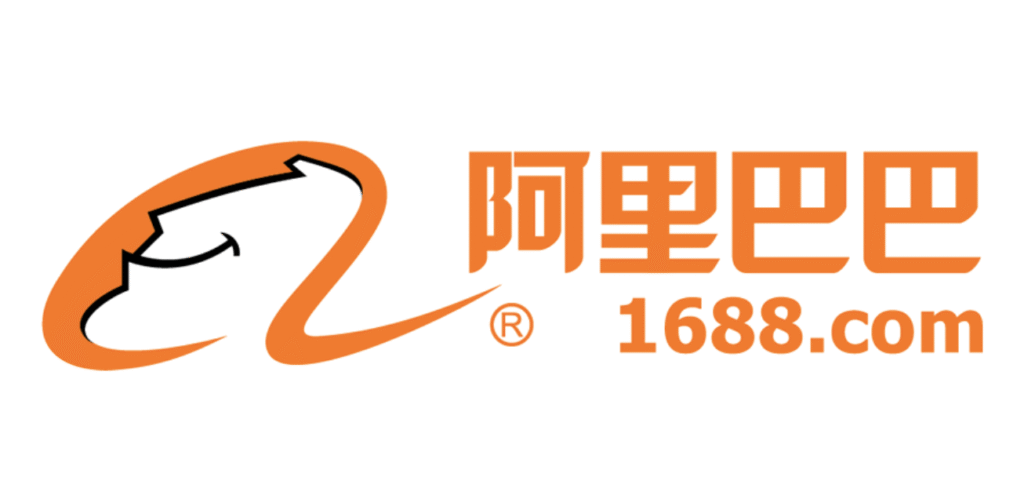
Ready to start sourcing? These platforms are your best bet for finding legit wholesale jewelry suppliers in China.
1. Alibaba.com
- Best for international buyers
- Thousands of jewelry suppliers
- Built-in Trade Assurance and secure payments
- Ideal for both standard and custom orders
2. 1688.com
- Chinese-language platform (domestic version of Alibaba)
- Lowest factory pricing, but harder for non-Chinese speakers
- Great if you have a sourcing agent like Simoosourcing to help
3. Yiwugo.com
- Directory of Yiwu Market suppliers
- Good for sourcing low-cost, high-variety fashion jewelry
- Works well when combined with local inspection services
4. DHgate
- Smaller orders and dropshipping-friendly
- Less professional than Alibaba, but convenient for testing products
- Great for Amazon and eBay resellers
Tip: Don’t order based on price alone. Verify ratings, communication speed, product photos, and certifications.
Private Label Jewelry: How to Build Your Own Brand
Branding is everything. If you want to scale your jewelry business and command higher prices, private labeling is the way to go.
What is Private Label Jewelry?
Private label means you buy pre-designed products and add your own branding—packaging, tags, and logos. You can also create OEM (Original Equipment Manufacturing) pieces, where the design is 100% unique to your brand.
Benefits of Private Labeling
- Build brand recognition
- Increase customer loyalty
- Control pricing and presentation
- Stand out from dropshippers and generic sellers
Private Label Options in China
Chinese factories can help with:
- Logo stamping or engraving
- Custom packaging with your branding
- White-label catalogs (select from existing molds)
- OEM/ODM design services
Even better? Many factories offer design assistance and free branding mockups once you hit their MOQ.
Private labeling turns ordinary jewelry into a premium brand experience. It’s the fastest way to move from reseller to brand owner.
Conclusion
If you’re looking for the best place in the world to source beautiful, affordable, and profitable jewelry—China is still king. With the right knowledge, approach, and sourcing partner, you can launch or scale a jewelry business with minimal risk and maximum potential.
Let’s recap the essentials:
- China’s jewelry manufacturing hubs include Yiwu, Guangzhou, Shenzhen, and Qingdao
- You can source everything from fashion jewelry to custom fine pieces
- Avoid pitfalls like nickel exposure or poor plating by verifying quality and requesting samples
- Hiring a sourcing expert like Simoosourcing can make sourcing safer, faster, and more successful
- Platforms like Alibaba, 1688, and Yiwugo are excellent starting points
- Branding your own line through private labeling or custom manufacturing gives you a serious competitive edge
So before you order your next batch—Read This Review Before You Buy, choose your suppliers wisely, and start building a jewelry brand that sparkles with success.
FAQs About China Wholesale jewelry manufacturers
1. Can I import hypoallergenic jewelry from China?
Yes, many suppliers offer nickel-free and hypoallergenic options. Always request RoHS or CE certification and test samples on sensitive skin before mass ordering.
2. What’s the typical lead time for jewelry production?
Production takes 15–45 days, depending on complexity, quantity, and customization. Add extra time for holidays and shipping.
3. Is it safe to buy gold or silver jewelry from Chinese suppliers?
Yes, especially in cities like Shenzhen. Look for suppliers with 925 silver or 14K/18K gold certifications, and request test reports from SGS or third-party labs.
4. Can Simoosourcing handle packaging and branding?
Absolutely. Simoosourcing offers full-service sourcing, including custom packaging design, logo printing, and branding consultation.
5. What certifications should I look for in a jewelry supplier?
Top certifications include:
- ISO 9001 (quality management)
- RoHS and CE (material safety)
- SGS, BV, or Intertek test reports
- Gold content or silver purity certificates

